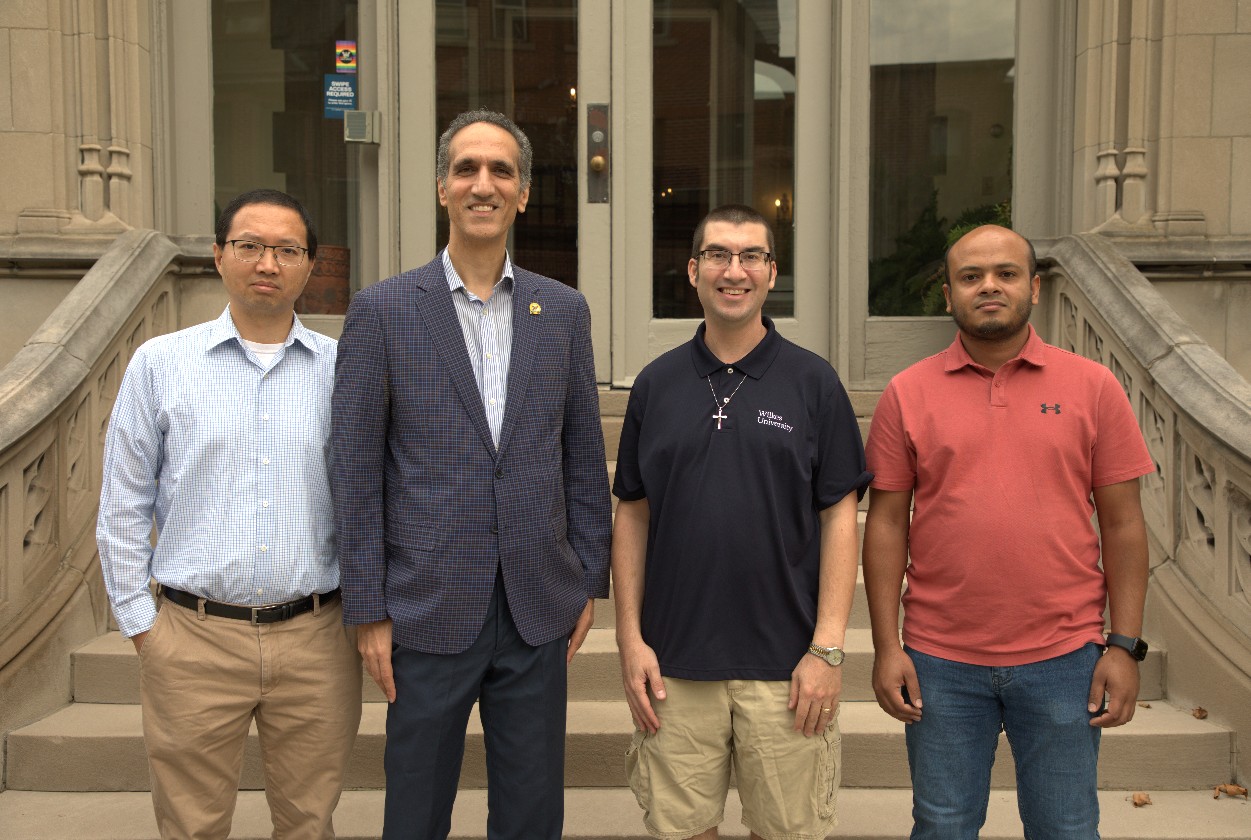Wilkes University has been awarded grants exceeding $1.2 million from the National Science Foundation (NSF) aimed at enhancing innovation and workforce development in the region. The funding will support two key projects, which are expected to address critical technology needs and bolster educational opportunities in Northeast Pennsylvania.
Greg Cant, President of Wilkes University, expressed pride in this achievement, stating, “This is a tremendous achievement for our faculty as well as the greater community.” The initiatives, titled “Experiential Learning for Artificial Intelligence-Driven Robotics in Northeast Pennsylvania (EXPLOR-NEPA)” and “Building Relationships in Innovation and Development for Growth in Emerging Technologies (BRIDGE-TECH),” focus on bridging gaps between education, industry, and technological advancement.
Addressing Technological Needs through Education
Both projects center on creating pathways for technology education, fostering partnerships between academic institutions and industry players, and connecting experts in the field. Abas Sabouni, a professor of mechanical engineering and chair of the mechanical and electrical engineering department, leads both initiatives as a principal investigator. He described the proposal process as “intensive but rewarding,” highlighting the collaborative effort required to develop comprehensive proposals that promote future collaboration and meaningful impact.
The EXPLOR-NEPA project, funded by the NSF’s Experiential Learning for Emerging and Novel Technologies (ExLENT) program, is set to last three years. It was developed through the combined efforts of Sabouni, along with colleagues Edward Bednarz III, Asif Khan, and Yong Zhu. The initiative arose from ongoing discussions with local school districts and industry partners, which revealed a pressing need for greater access to hands-on technology experiences.
“We identified an urgent need to introduce artificial intelligence and robotics concepts earlier in the educational pipeline and to expand access for students from underrepresented and underserved backgrounds,” said Sabouni.
Empowering Local Students with BRIDGE-TECH
In parallel, the BRIDGE-TECH project aims to provide high school students in the area with early exposure to AI-driven robotics and automation. This will be achieved through structured hands-on learning, mentorship, and dual enrollment opportunities that allow students to earn college credit. The collaboration with Production Systems Automation and local high schools reflects a commitment to improving educational outcomes in the region.
Sabouni expressed hopes for the program’s expansion, stating, “We hope to expand the program to additional school districts, integrate new technologies such as autonomous drones and smart manufacturing systems, and continue refining our experiential learning framework to meet the demands of a rapidly changing world.”
The grants from the NSF are not merely funding sources; they represent a significant investment in the future of technology education in Northeast Pennsylvania. By prioritizing experiential learning and fostering industry partnerships, Wilkes University is positioning itself as a leader in addressing the evolving technological landscape and preparing the workforce of tomorrow.







